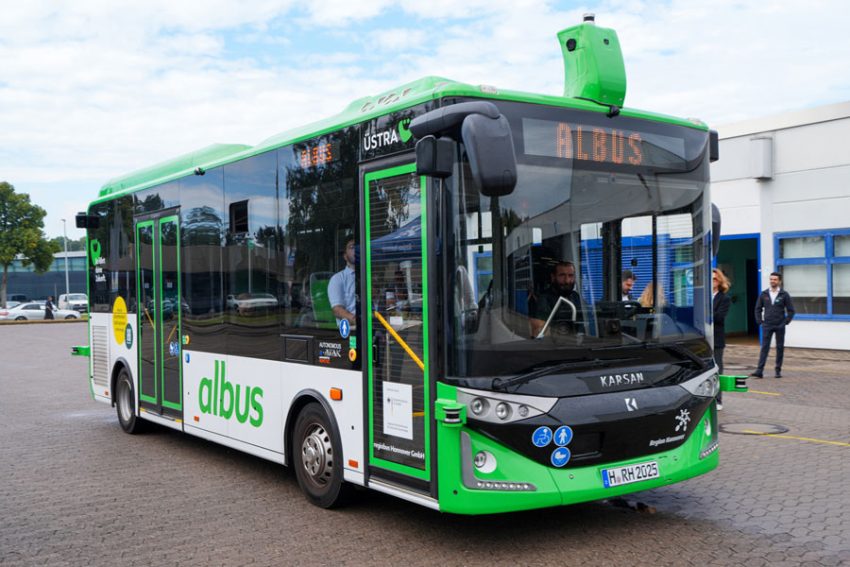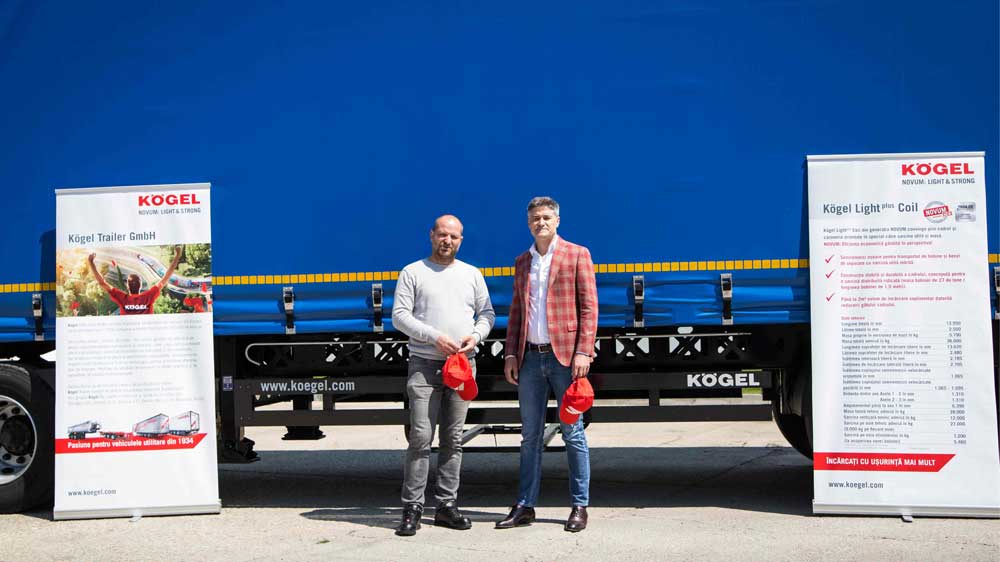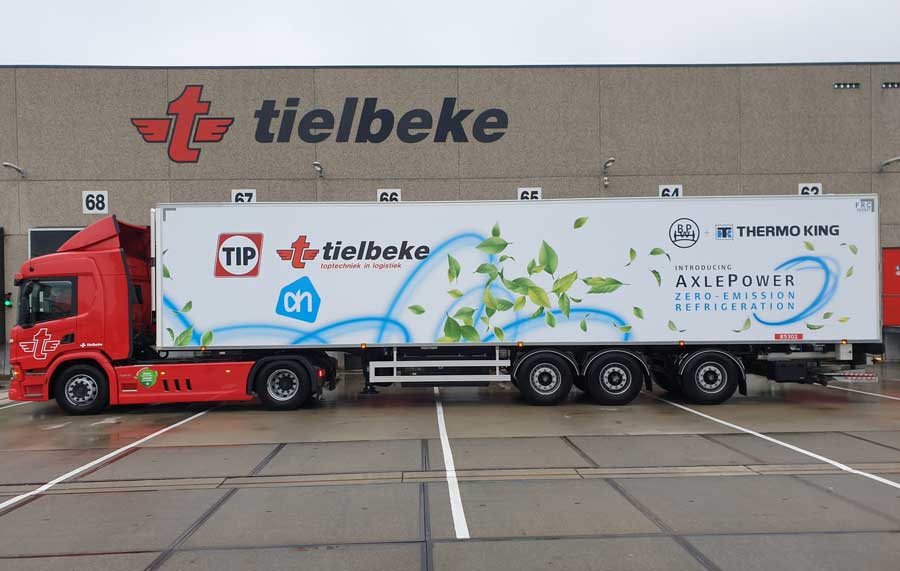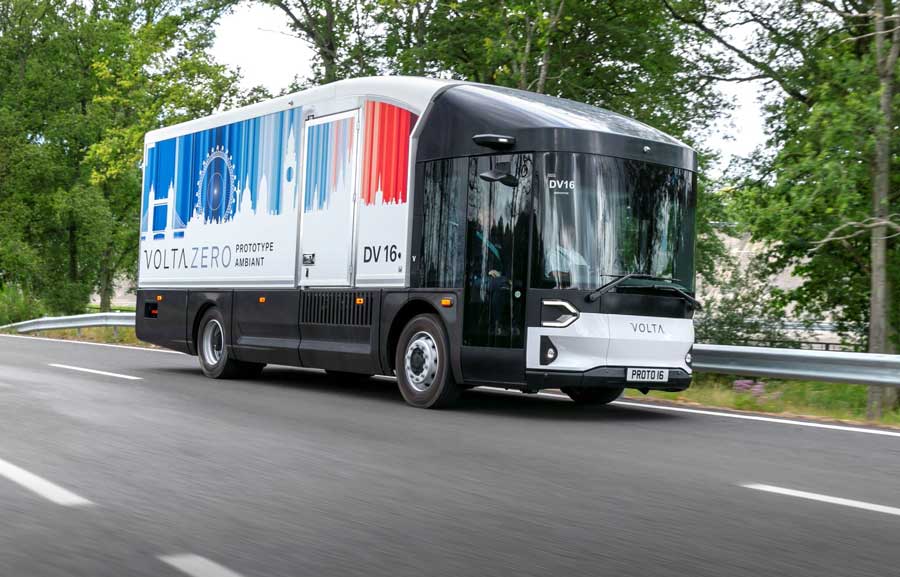Karsan, a pioneer in the transformation of the world’s public transportation infrastructure with its electric and autonomous vehicles, continues to play a leading role in major global projects. As part of this, Karsan, which is also involved in the albus project implemented in Germany, will begin trial operations in real traffic conditions in September with the country’s first autonomous public transportation vehicle, Autonomous e-ATAK. Karsan Autonomous e-ATAK, the first autonomous public transportation vehicle to receive testing approval from Germany’s official road traffic regulatory agency, KBA (Kraftfahrt Bundesamt – Federal Motor Transport Authority), will begin carrying registered passengers at an opening ceremony.
Test drives will continue until the end of the year
The ceremony was attended by a wide range of participants, including German Federal Minister of Transport Patrick Schnieder, Hannover Regional President Steffen Krach, Hannover Regional Vice President for Transport Ulf-Birger Franz, ÜSTRA Board members Elke van Zadel and Denise Hain, and Burgdorf Mayor Armin Pollehn. Participants also took part in a symbolic first ride with Karsan Autonomous e-ATAK during the ceremony, experiencing the project firsthand. The project is being financed by the Federal Ministry of Transport (BMV) with a budget of approximately €3.7 million, in line with a decision by the German Federal Parliament. Karsan CEO Okan Baş, said they were proud to have achieved yet another milestone, adding, “Today, we are building the mobility of the future with 13 different autonomous projects in 12 countries. With each new operation, we not only gain experience, but also take pioneering steps that shape the public transportation vision of the world, especially Europe.”
Karsan continues to equip the world with new technologies
The 8-meter Karsan Autonomous e-ATAK, developed with ADASTEC‘s Level 4 autonomous driving software and to be used in the albus project launched with the slogan “Steering wheel free, let the journey begin!”, will now serve in mixed traffic. The 100% electric, Level 4 autonomous vehicle offers a maximum speed of 40 km/h, a capacity of 22 seats, and a range of up to 300 kilometers. On the approximately 6-kilometer test route through Burgdorf, the bus will stop at 11 stops, pass through 10 traffic lights, and overcome urban challenges such as intersections and pedestrian crossings. albus route information will be shared weekly at uestra.de/albus, and the bus will operate as a supplement to the existing 906 route service. Trained security personnel are planned to be present on every trip during the trial period. The project will also be scientifically monitored, with passenger experiences to be collected via a short online survey. The trial operation is planned to run until the end of 2025.
Hannover is once again leading the way in Germany
Dr. Ali Peker, CEO of ADASTEC, the technology partner of Karsan Autonomous e-ATAK, made the following comments on the subject: “Following years of successfully implementing our applications across Europe and the United States, we are proud to begin providing services on public roads in Germany. This launch in Burgdorf, approved by the KBA, is an important step towards integrating autonomous driving into everyday life and reflects our commitment to building safer, cleaner, and more inclusive mobility.“
Hannover Regional President Steffen Krach made the following assessment: “I am delighted to once again be leading the way for Germany in the Hannover region. With albus, we are bringing the mobility of the future to life. We have proven our innovation with our previous projects, Sprinti and Deutschlandticket, through our simple and affordable approach. Now we are taking the next step and showing that mobility is not created anywhere else, but here with us.“ Ulf-Birger Franz, Deputy Regional President of Hannover responsible for transportation, stated that theories and pilot projects in laboratory environments are not sufficient, adding, ”With albus, we are testing for the first time how reliably autonomous buses operate in regular service. These tests are safe, transparent, and conducted together with citizens.” Speaking about the project, ÜSTRA CEO Elke van Zadel said, “Following Sprint, we are now implementing a unique innovation project across Germany with albus. We always combine international experience with local expertise and trained driving personnel.“ Burgdorf Mayor Armin Pollehn emphasized that albus is a real asset for Burgdorf, saying, ”We are proud that Germany’s first autonomous public transport bus is operating here. I sincerely invite all citizens to experience it, ride it, and give us feedback.“
Test runs have begun with one trip per hour
Starting in September, services will run once per hour and will become even more frequent between Burgdorf Central Bus Terminal (ZOB) and Schwarzer-Herzog Junction. The initial route for the free trial runs will be ZOB – Gartenstraße – Vor dem Celler Tor – Kleiner Brückendamm – Schwarzer-Herzog Intersection, while the second route will include the Südstadt extension, Geibelstraße – Niedersachsenring – Berliner Ring – Immenser Landstraße – Immenser Straße stops. The trial runs, which will continue until the end of 2025, are planned to be extended based on demand.


